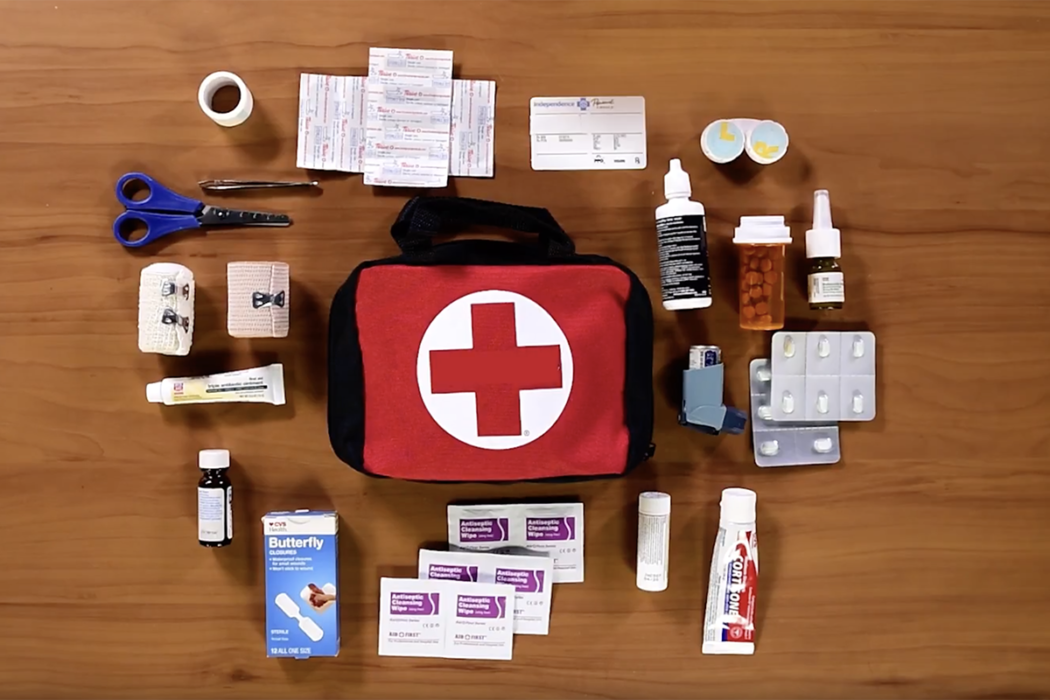Caring for aging parents is a role reversal that many adult children experience. It can be challenging to strike a balance between providing care and supporting your parents’ independence. Promoting their autonomy not only helps maintain their self-esteem but also contributes to their overall well-being. This article provides practical tips for helping your aging parents maintain their independence while ensuring their safety and comfort at home.
Respecting Their Dignity and Choices
As parents age, they may begin to need assistance with various activities. However, it’s essential to respect their choices and preferences while providing the support they require. This approach helps maintain their dignity and reinforces a sense of control over their lives.
- Involve Them in Decisions
Including your parents in decisions about their care, daily routines, and even financial matters is crucial. For example, if your parent is experiencing incontinence, discussing the choice of a continence aid in a respectful and compassionate manner can help them feel more in control of their situation. When making decisions, ask for their input and preferences, and discuss options together. This way, they’ll feel valued and respected.
- Respect Their Privacy
Asking for help can be a difficult step for aging parents, especially when it comes to personal tasks like bathing or dressing. Whenever possible, respect their privacy by allowing them to complete tasks independently or with minimal assistance. If you need to help, always ask for permission and explain what you are doing to make them feel comfortable and secure.
Adapting the Home Environment for Safety
Creating a safe and comfortable environment is key to enabling your aging parents to remain independent. Small changes around the house can help reduce the risk of falls and accidents while promoting ease of movement.
- Install Safety Aids
Simple modifications like installing grab bars in bathrooms, adding non-slip mats, and improving lighting can significantly reduce risks. Consider adding a ramp or stairlift if your parent has mobility challenges. For parents using mobility aids such as walkers or wheelchairs, ensure pathways are clear of obstructions to make movement easier.
- Remove Tripping Hazards
Falls are a leading cause of injuries among older adults. Remove tripping hazards such as loose rugs, electrical cords, and clutter from frequently used areas. Make sure that the floor is even and stable to prevent accidental slips or falls. In high-risk areas like the bathroom, invest in non-slip flooring materials.
Encouraging Physical and Mental Activity
Staying active both physically and mentally is essential for maintaining independence and improving overall well-being. Regular exercise and mental stimulation can help reduce the risk of cognitive decline, boost mood, and promote better physical health.
- Promote Light Exercise
Gentle exercises such as walking, stretching, or participating in a senior-friendly yoga class can help improve mobility and strength. Encourage your parents to engage in activities they enjoy, whether it’s gardening, dancing, or swimming. Consistent physical activity can contribute to better balance, coordination, and overall energy levels.
- Encourage Cognitive Engagement
Keeping the mind active is just as important as physical activity. Encourage your parents to engage in mentally stimulating activities like reading, puzzles, or playing cards. Hobbies such as painting, knitting, or learning a musical instrument can be both enjoyable and beneficial for cognitive health. Additionally, consider introducing them to digital games or apps designed to improve memory and concentration.
Supporting Social Connections
Social interactions are vital for maintaining emotional well-being and a sense of purpose. Loneliness and social isolation can lead to feelings of depression and anxiety among aging parents. Therefore, finding ways to keep them socially engaged is crucial.
- Facilitate Regular Family Gatherings
Organising regular family gatherings, whether weekly dinners or Sunday picnics, can help your parents feel connected to the family. It’s also an excellent opportunity for them to bond with younger generations, which can be both uplifting and fulfilling. If distance is a challenge, schedule regular video calls to keep everyone connected.
- Encourage Community Involvement
Community activities such as senior clubs, exercise classes, or volunteer opportunities can provide your parents with a sense of belonging and engagement. Explore options at local community centres, libraries, or senior organisations. These activities allow them to meet new friends and stay active in the community.
Managing Health and Medical Needs
Supporting your aging parents’ independence also involves ensuring they stay on top of their health and medical requirements. Regular medical check-ups, medication management, and proactive healthcare are essential elements in promoting long-term independence.
- Schedule Regular Health Check-Ups
Make sure your parents attend regular check-ups with their healthcare providers. Keep a record of appointments, medications, and any health-related instructions. Being proactive about health issues can help prevent minor conditions from turning into major complications. If managing appointments becomes challenging, consider setting up a shared calendar or using reminder apps.
- Support Medication Management
Many older adults take multiple medications, and keeping track of them can be overwhelming. A pill organiser or a digital medication reminder can help your parents take their medications on time. If your parents have trouble understanding medication instructions, review them together to ensure they feel confident in managing their prescriptions.
Promoting Autonomy in Daily Activities
Maintaining a sense of autonomy in daily activities can boost your parents’ self-esteem and overall well-being. While it’s essential to provide support when needed, try to encourage them to complete tasks on their own as much as possible.
- Simplify Daily Routines
Break down complex tasks into smaller, more manageable steps. For example, if preparing a full meal is challenging, you could pre-chop vegetables or provide meal kits to make cooking easier. Similarly, if getting dressed is a struggle, opt for clothing with easy-to-use fastenings such as Velcro or magnetic buttons.
- Use Assistive Devices to Promote Independence
Various assistive devices can help your parents maintain their independence while ensuring safety. These devices include reachers, shower chairs, long-handled sponges, and adaptive kitchen utensils. Introduce these aids as tools for empowerment rather than a sign of dependence.
Addressing Emotional Well-Being
The emotional well-being of aging parents is closely tied to their independence. Acknowledging their feelings, providing support, and promoting positivity can go a long way in fostering a healthy mindset.
- Be an Active Listener
It’s essential to listen to your parents’ concerns, fears, and thoughts without being dismissive. Empathy and understanding can help them feel supported and heard. Open communication also encourages them to express their feelings, which is essential for their emotional health.
- Encourage Positivity and Purpose
Promote activities that give your parents a sense of purpose, whether it’s pursuing hobbies, caring for a pet, or engaging in volunteer work. Positive reinforcement and celebrating their achievements, no matter how small, can boost their confidence and motivation.
Balancing Caregiver Responsibilities
Caring for aging parents while promoting their independence is a balancing act that can be physically and emotionally demanding. As a caregiver, it’s essential to take care of your well-being too.
- Seek Support and Respite Care
Don’t hesitate to seek help from family members, friends, or professional caregivers when needed. If you’re feeling overwhelmed, consider arranging respite care to give yourself a break. Taking time to recharge is crucial to maintaining your ability to provide effective care.
- Prioritise Self-Care
Caring for aging parents requires patience, empathy, and resilience. Make time for activities that you enjoy and that help you relax, such as walking, reading, or spending time with friends. Staying physically active and eating well can also improve your energy levels and overall well-being.
Final Thoughts
Supporting independence for aging parents is about more than just providing physical care—it’s about fostering dignity, confidence, and a sense of control over their lives. By respecting their choices, adapting the home environment, encouraging physical and mental activity, and prioritising emotional well-being, you can help your parents live their later years with grace and autonomy.
Additionally, being mindful of their health, social connections, and daily routines can contribute to their overall happiness and well-being. Remember, small actions like choosing the right continence aid or encouraging a hobby can make a significant difference in promoting their independence.
As you navigate this journey, keep in mind that maintaining independence doesn’t mean doing everything alone—it means providing the right balance of support to empower your aging parents to live fulfilling lives.





